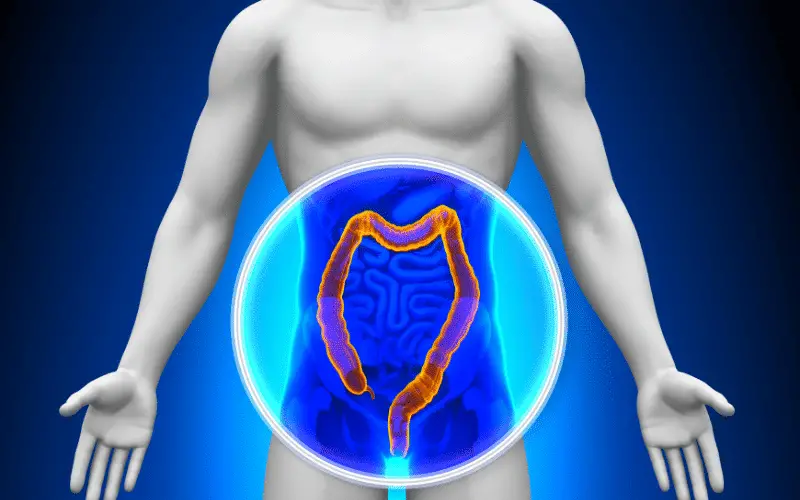Difference 4. Complications: Varied Risks and Consequences

Colitis: Potential Complications Vary by Cause
The complications associated with colitis depend on the specific cause and severity of the condition. For instance, infectious colitis can lead to severe dehydration, electrolyte imbalances, and sepsis, while ischemic colitis may result in tissue death and perforation of the colon. In some cases, untreated colitis can increase the risk of colon cancer.
It is essential to identify and address the underlying cause of colitis to minimize the risk of these complications. Early intervention and appropriate treatment can help prevent long-term damage and improve overall health outcomes.
Ulcerative Colitis: A Higher Risk of Long-term Complications
Ulcerative colitis, as a chronic inflammatory condition, carries a higher risk of long-term complications. Some of the potential complications include:
• Toxic megacolon: A life-threatening condition where the colon becomes severely distended and unable to function properly.
• Perforated colon: A rupture in the colon wall that can lead to infection and inflammation in the abdominal cavity.
• Increased risk of colon cancer: Prolonged inflammation in the colon can increase the risk of developing colon cancer over time.
Managing ulcerative colitis and maintaining periods of remission can help reduce the risk of these complications. Regular medical check-ups and ongoing treatment are crucial for individuals with ulcerative colitis to prevent complications and maintain overall health. (4)